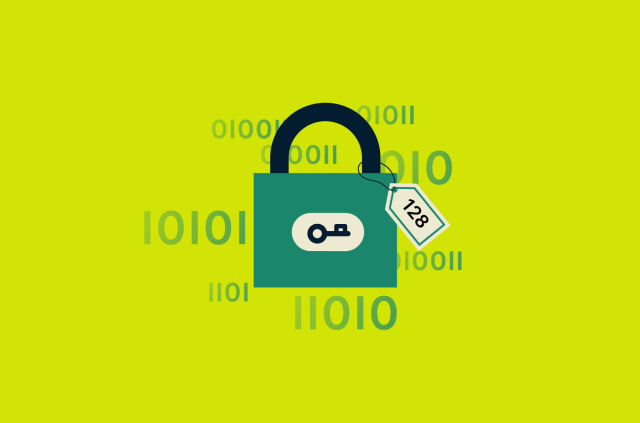ExpressVPN blog
Your destination for privacy news, how-to guides, and the latest on our VPN tech

Latest Posts
-

How does the internet work?
Billions of people use the internet daily for everything from work to shopping, banking, entertainment, and keeping in touch with family and friends. It’s an integral, essential part of everyday lif...
-

Google critical security alert: How to recognize and respond
Getting a Google security alert may be alarming, but it doesn’t automatically mean your account is in danger. Sometimes, you might trigger one yourself by, for example, signing in from a new device....
-

Network topology: Best practices for modern networks
A well-designed network starts with a clear understanding of its structure. Network topology is the blueprint of how devices and connections interact, and it plays a key role in determining a network�...
Featured
See allFeatured Video
-

Top 10 video games that will change how you view privacy
If you love online gaming and are interested in privacy, check out these video games that involve hacking, cybersecurity, and surveillance. Not only are they fun, but they’re designed to give...






